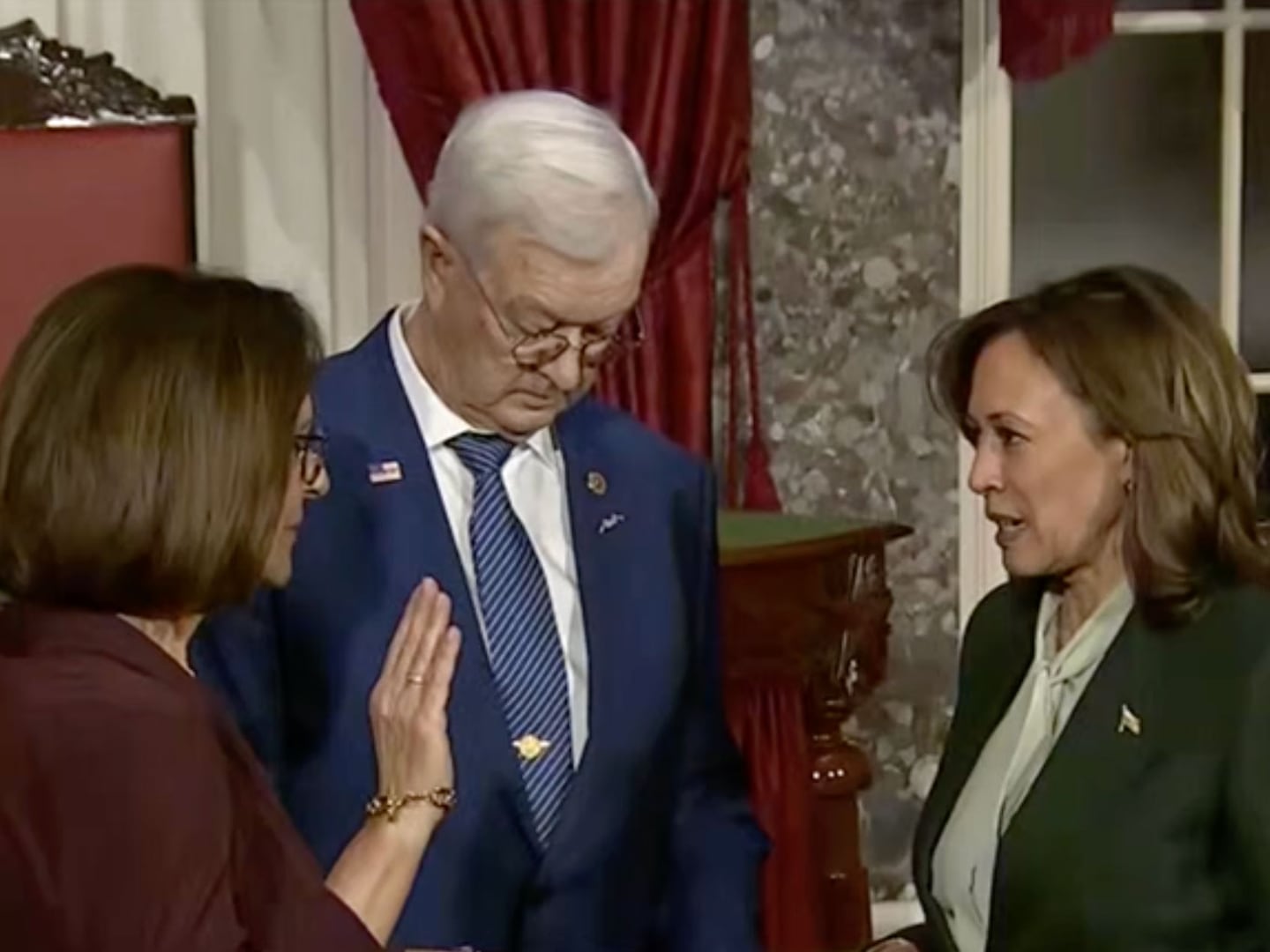Congress
Artyom Ivanov/TASS via Getty
Spooked Republicans Scramble to Tie Trump’s Hands on China Trade Talks
WRESTING POWER
For months, Republicans have grumbled about President Trump’s posture on trade. This week, they did something about it.

Trending Now





